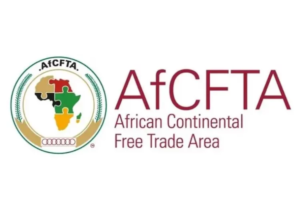In a press statement made available to our newsmen, NAFDAC Director-General Prof Mojisola Adeyeye stated that mercury is a metal and cannot be used as an element or component of vaccines.
Antigens, adjuvants to improve immune response, antibiotics to prevent contamination during manufacturing, preservatives, and stabilisers are the basic components of vaccines. Adeyeye went on to say that thimerosal, a mercuric compound used as a preservative in multi-dose vaccines, contains a different type of mercury known as ethyl mercury.
“As a vaccine preservative, thimerosal is used in concentrations of 0.003 per cent to 0.01 per cent, (for example, thimerosal content allowed in vaccines is between 30 parts to maximum of 100 parts out of million parts of the vaccine formula). Thimerosal is a mercury-based preservative that has been used for decades in the United States in multi-dose vials (vials containing more than one dose) of medicines and vaccines,” she explained.
She averred that there is no evidence of harm caused by the low doses of thimerosal in vaccines, except for minor reactions like redness and swelling at the injection site. “However, in July 1999, the Public Health Service agencies, the American Academy of Paediatrics, and vaccine manufacturers agreed that thimerosal should be reduced or eliminated in vaccines as a precautionary measure,” she added.
Though, Nigeria still receives some multi dose vaccines which contains thimerosal but at accepted concentration, the DG said that the World health Organisation (WHO) has closely monitored the scientific evidence relating to the use of thimerosal as a vaccine preservative for over 10 years especially through independent expert advisory group, the Global Advisory Committee on vaccines.
“The committee has constantly reached the same conclusion, that there is no evidence to suggest that the amount of thimerosal used in vaccines poses a health risk. Other expert groups the U.S. Institute of Medicine, the American Academy of Paediatrics, the United Kingdom Committee on Safety of Medicines, and the European Agency for Evaluation of Medicinal Products have reached similar conclusions,” she stated.
She did, however, state that NAFDAC would continue to adhere to WHO-approved protocols before allowing any human vaccines to be used in Nigeria.



























